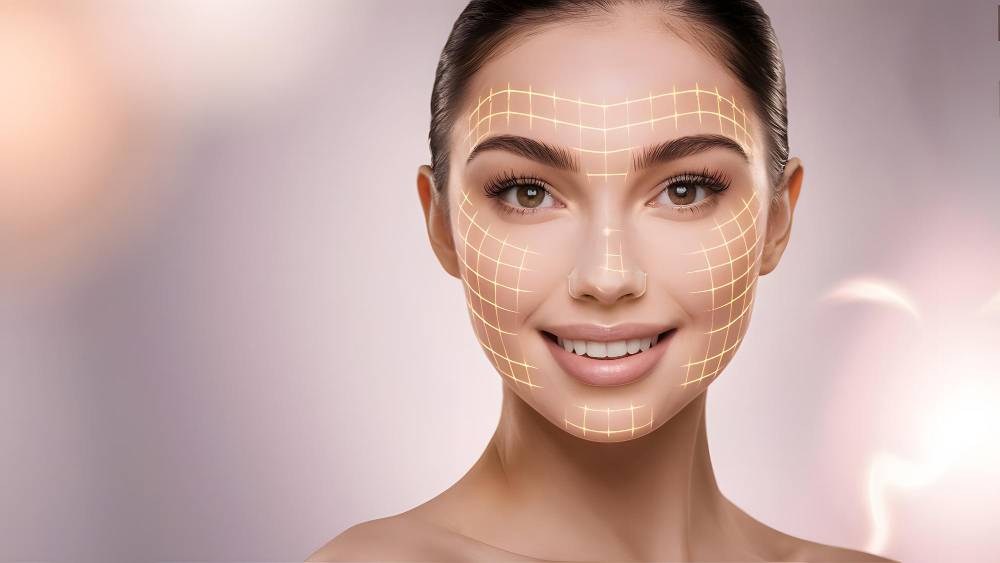Acne is a common skin concern, but it can also be a window into our internal health. At LaserLux Aesthetics, we believe in a holistic approach to skin care treatment, and understanding the roots of your acne is key to achieving clear, healthy skin. Keep reading to learn more about face mapping and how it can help you decode what your acne might be telling you about your body.

Face mapping is a traditional practice rooted in Chinese medicine and Ayurvedic traditions. It links different areas of your face to various internal organs and systems. Analyzing where your acne is located can offer insights into potential underlying health issues. This method is not a diagnostic tool but can be a helpful guide in your skin care treatment journey. Face mapping divides the face into zones, each corresponding to specific bodily functions. Many find it useful in identifying potential triggers for their skin issues.
Acne on your forehead is often associated with digestive issues and liver health. If you frequently experience acne on your forehead, consider evaluating your diet. Foods high in sugar and dairy are common culprits that can affect digestion and liver function. Poor digestion, stress, and a diet high in fats and processed foods can lead to breakouts in this area. Drinking plenty of water, incorporating more fruits and vegetables into your diet, and managing stress can help alleviate forehead acne. Regular detoxes and improving your gut health can also have a positive impact on this area.
The cheeks are linked to the respiratory system and allergies. Smoking, pollution, and respiratory infections can cause breakouts in this area. Allergies, particularly those related to food or skincare products, can manifest as cheek acne. To combat this, avoid smoking, limit exposure to pollution, and ensure that your skincare products are suitable for your skin type. A HydraFacial can help clear out impurities and provide deep hydration to restore your skin’s natural balance.
Acne around the chin and jawline is commonly linked to hormonal imbalance, which can occur during menstrual cycles or from conditions like polycystic ovary syndrome. Hormonal fluctuations can cause the skin to produce excessive amounts of oil that leads to clogged pores and breakouts. Hormonal acne can be particularly stubborn. Products that contain salicylic acid or benzoyl peroxide might help manage breakouts. Certain birth control pills and medications like spironolactone are known to help regulate hormones and reduce acne. Managing your hormones with a balanced diet and regular exercise can also help reduce acne in this area. Skincare treatments can complement your efforts by keeping your skin clear and healthy.
Breakouts on the nose can be associated with heart health and blood pressure. This area is rich in sebaceous glands, making it prone to blackheads and acne. To address nose acne, focus on a diet low in salt and rich in omega-3 fatty acids, which support heart health. Using a clay mask in your routine can help draw out impurities and reduce pore size. Exfoliating regularly with products containing ingredients like glycolic acid can also help keep this area clear. A HydraFacial can help unclog pores and reduce the appearance of acne, promoting a smoother complexion.
While face mapping can provide valuable insights, it’s important to approach acne treatment with a comprehensive strategy. Here are some general tips for managing acne:
Your skin is a reflection of your health, and with the right care, you can achieve the radiant complexion you desire. We believe that understanding your skin and its needs is the first step towards achieving lasting beauty. Take control of your skin health today with LaserLux Aesthetics, where we combine expertise and personalized care to bring out the best in your skin. Contact us to schedule your next appointment.
Have you noticed that your skin isn’t bouncing back quite the way it used to? Maybe those smile lines are sticking around a bit longer, or your skin isn’t as…
Your skin is in a constant battle with daily aggressors, from pollution to stress, and it's important to find a solution that can help rejuvenate your complexion from within. At…
Do you ever look in the mirror and wish for a magic solution that could defy aging? Botox is a treatment that has not only revolutionized the field of aesthetics…
As the seasons shift, so do our skin's needs. After months of battling cold winds and dry indoor heat, your skin might feel as lackluster as a forgotten winter coat.…